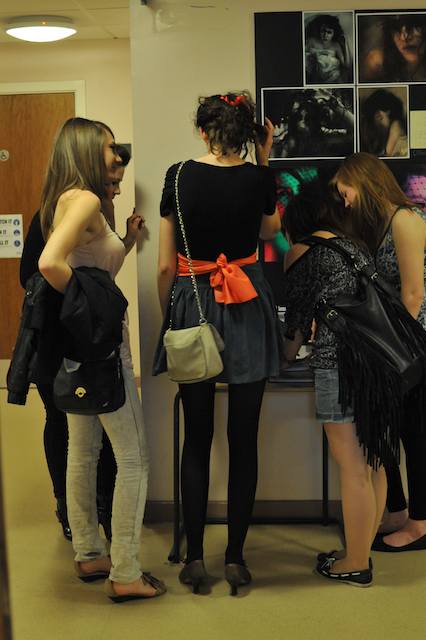Interesting essay by Oxford University Press’s Tim Barton.
At a focus group in Oxford University Press’s offices in New York last month, we heard that in a recent essay assignment for a Columbia University classics class, 70 percent of the undergraduates had cited a book published in 1900, even though it had not been on any reading list and had long been overlooked in the world of classics scholarship. Why so many of the students had suddenly discovered a 109-year-old work and dragged it out of obscurity in preference to the excellent modern works on their reading lists is simple: The full text of the 1900 work is online, available on Google Book Search; the modern works are not.
It’s a very thoughtful, non-doctrinaire piece. “If it’s not online, it’s invisible”, he writes.
While increasing numbers of long-out-of-date, public-domain books are now fully and freely available to anyone with a browser, the vast majority of the scholarship published in book form over the last 80 years is today largely overlooked by students, who limit their research to what can be discovered on the Internet.
On the Google Books ‘agreement’, he writes:
It has taken many months for the import of the settlement to become clear. It is exceedingly complex, and its design — the result of two years of negotiations, including not just the parties but libraries as well — is, not surprisingly, imperfect. It can and should be improved. But after long months of grappling with it, what has become clear to us is that it is a remarkable and remarkably ambitious achievement.
It provides a means whereby those lost books of the last century can be brought back to life and made searchable, discoverable, and citable. That aim aligns seamlessly with the aims of a university press. It is good for readers, authors, and publishers — and, yes, for Google. If it succeeds, readers will gain access to an unprecedented amount of previously lost material, publishers will get to disseminate their work — and earn a return from their past investments — and authors will find new readers (and royalties). If it fails, the majority of lost books will be unlikely ever to see the light of day, which would constitute an enormous setback for scholarly communication and education.
The settlement is a step forward in solving the problem of “orphan works,” titles that are in copyright but whose copyright holders are elusive, meaning that no rightsholder can be found to grant permission for a title’s use. For such books, a professor cannot include a chapter in a course pack for students; a publisher cannot include an excerpt in an anthology; and no one can offer a print or an electronic copy for sale. Making those books available again is a clear public good. Google’s having exclusive rights to use them, as enshrined in the current settlement, however, is not.
If the parties to the settlement cannot themselves solve this major problem, then at a minimum Congress should pass orphan-works legislation that gives others the same rights as Google — an essential step if Google is not to gain an unfair advantage. Despite significant advocacy, Congress has failed to legislate on this issue for 20 years; we at Oxford hope the specter of Google having exclusive rights to use orphan works will spur heightened public debate and Congress to immediate action.








